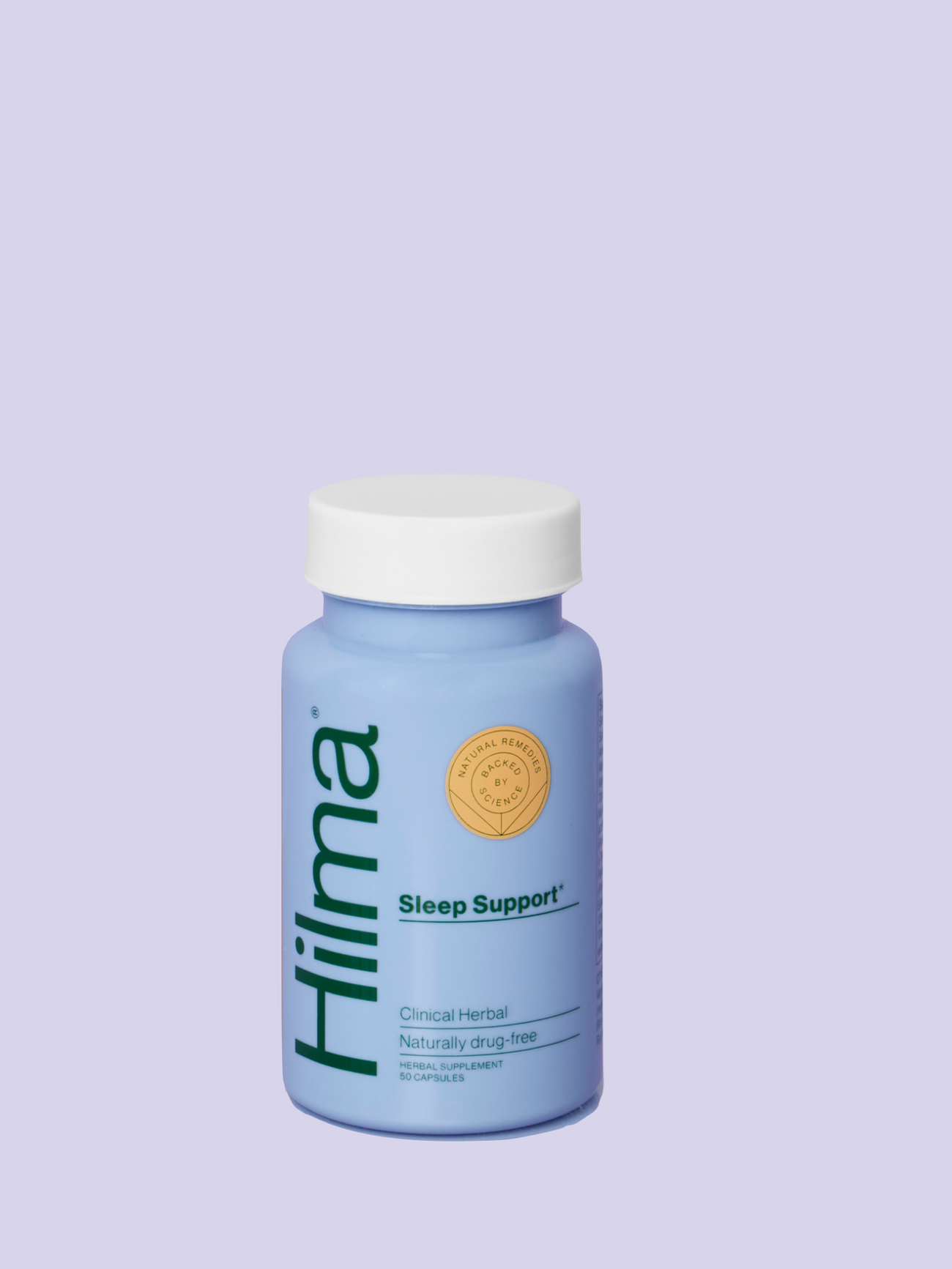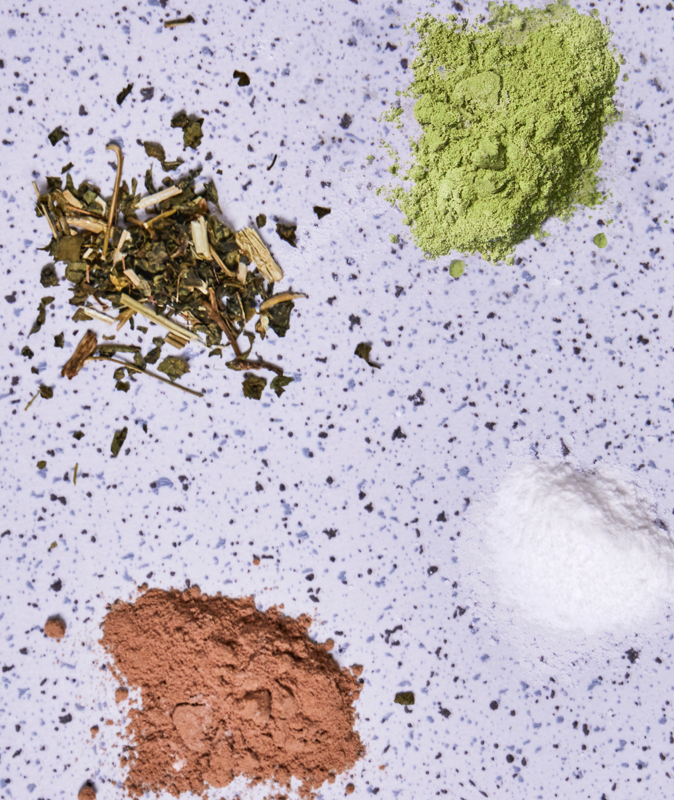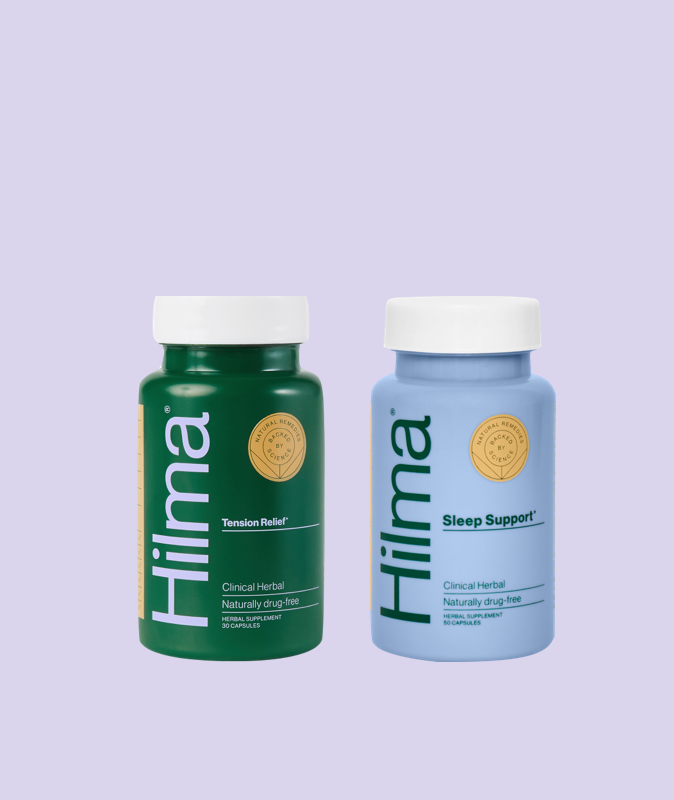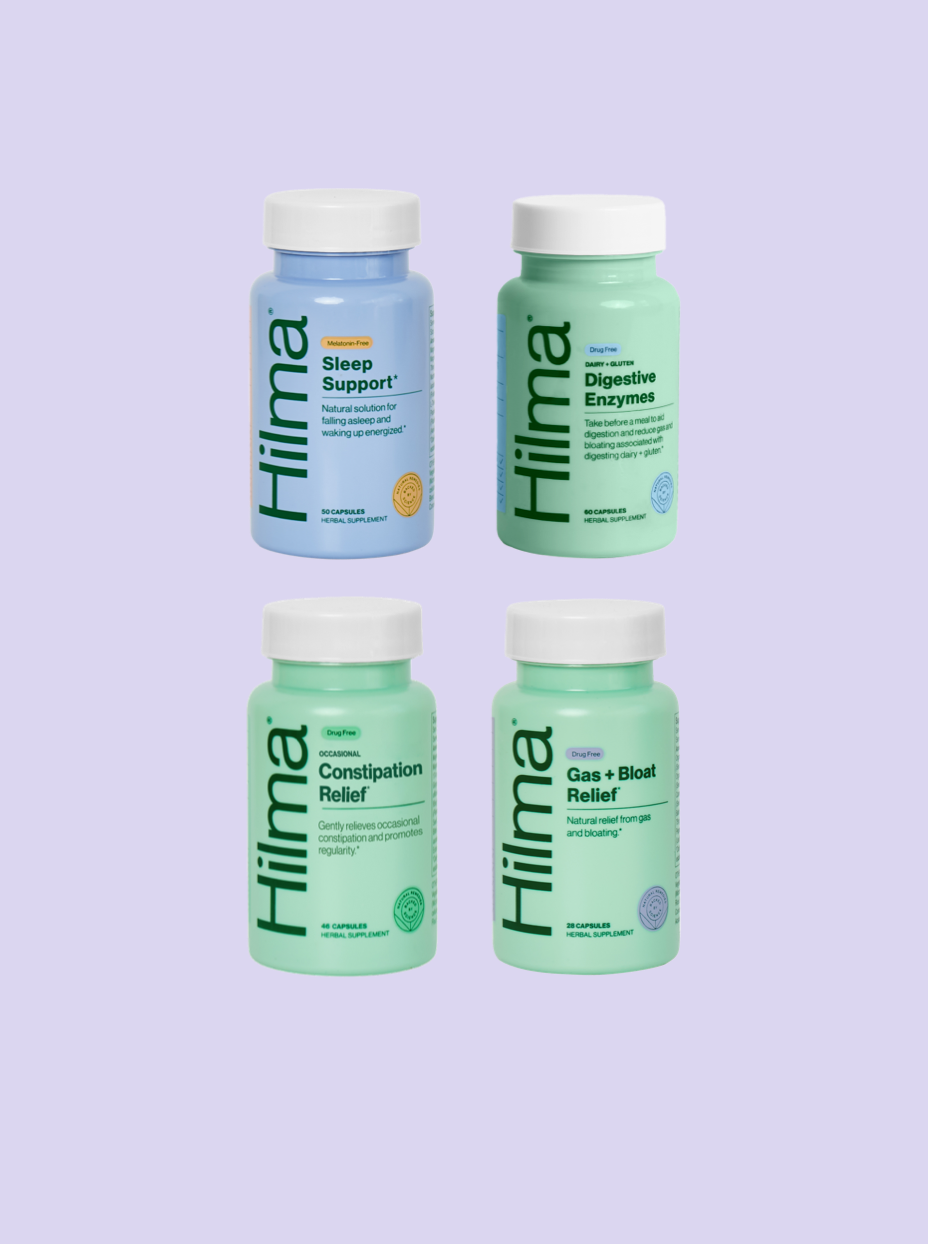How does diet affect our sleep?
What we put in our body can set us up for either smooth or interrupted sleep. A meal right before bed requires digestion. Sleeping is a chance for our bodies to rest and move energy to repair and prepare for the next day. Therefore, if we eat a big meal before bed, our bodies might not feel ready to sleep, leaving us tossing and turning. Caffeine is of course an obvious trigger, interrupting a natural sleep cycle. And lastly, sugar. Blood sugar, whether you are at a high or a low, can lead to anxiety or intense hunger pangs waking you up in the middle of the night.
Pumpkin Seeds
Foods rich in magnesium (e.g. pumpkin seeds, spinach, avocado) can help relax muscles and calm the nervous system. A handful of roasted pumpkin seeds sounds like a tasty bedtime snack!
Dark Cherries
Melatonin is naturally found in foods like cherries and grapes. Melatonin is a hormone produced in the center of the brain that helps regulate circadian rhythm, especially falling asleep.
Turkey
Have you ever felt tired after a big Thanksgiving meal? While there are more reasons than just a single nutrient, turkey is high in tryptophan. Tryptophan, an amino acid, is a precursor to serotonin and melatonin. Serotonin, along with melatonin, is necessary to maintain sleep.
Salmon
Salmon, along with tuna and mackerel, are fish rich in omega-3 fatty acids and vitamin D. This combination helps nourish the body before sleep to stabilize blood sugar.
Steel Cut Oats
Steel cut oats are packed with fiber and are also a known source of melatonin. The fiber helps stabilize blood sugar and promote digestion while you sleep.




